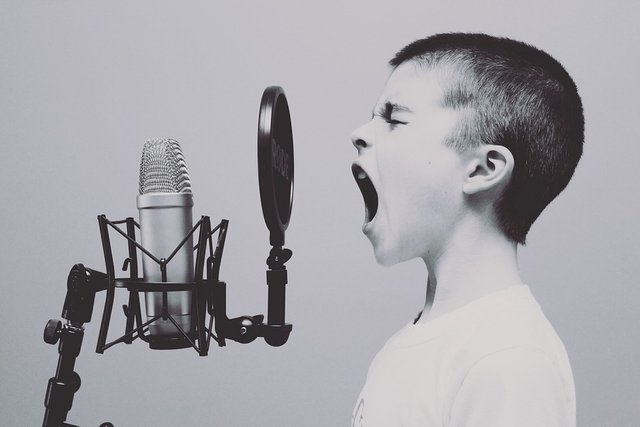
When cryptocurrencies first blasted into the mainstream media in 2017, they brought the notion of blockchain with them, starting a "guessing game" about where the new technology might have a bright future. One of the candidates was music, an industry long awaiting fairness, with many musicians struggling to make ends meet, some say their hardships are caused by producers and studios taking a large part of their revenues.
Blockchain and music seemed like a match made in heaven, decentralization could not be more perfect anywhere else, then helping musicians and fans have a direct, "undisturbed" connection. The market reacted quickly, dozens of blockchain startups popped up, we took a look at the current state of the crypto-music space.
Musicoin
As one of the first players, the Ethereum based project founded by Isaac Mao, a Chinese blogger and venture capitalist has a focus on music and nothing else. The Hong Kong based streaming platform has seen some hardships in the past months, their own cryptocurrency, MUSIC has been delisted from Bittrex, sending it to the current value of 0.0003 USD, a sad low for the coin that has been around 2 cents as well.
Every stream is free for users, the platform pays MUSIC to artists automatically, using a smart contract based on their Pay-Per-Play model. Users can also give tips to their favorites among over 6000 musicians already signed-up to the platform. The smartphone app started earlier this year, the Android version has 1000 downloads so far, Musicoin.org, their main platform claims to have served over 7.1 million streams and paid 12.6 million MUSIC to musicians in the past two years.
UJO
Another Ethereum based streaming platform, with a similar approach and User Interface to Musicoin. UJO is free for music lovers, they can buy Patronate Badges to support artists, musicians also receive 100% of their revenue, giving tips is also an option. Also similar to Musicoin, UJO has an option for musicians to automatically divide their revenue among each other based on their contributions, they can also set up their own, customized profile page.
CHOON
With the same promise of “reinventing the music industry” as other players, and with over twelve thousand musicians, close to fifty thousand tracks, this platform is similar in size and results so far to its competition. The tracks are organised in dozens of categories, they also provide featured artists, equivalent to Musicoin's "Artist of the Week" section. CHOON pays crypto to artists, however it's not entirely clear, exactly witch one.
mediachain
This is a special player on our list, as mediachain is not focusing on becoming a music streaming platform, instead they provide smart contracts to ensure that musicians always get their royalties. Their main profile is “data sharing across applications”, based on a decentralised database. Mediachain's solution proved to be useful, so much so that Spotify acquired the startup in 2017.
Mycelia
Founded by Grammy Award winner Imogen Heap, Mycelia Music aims to help musicians in starting and building their careers. Receiving ether in 2015 at the price of 1 USD for a song introduced Heap to cryptocurrencies, she got familiar with blockchain and its potential in the industry.
Mycelia provides "full-service" for musicians, with distribution, payment and rights management as well. The "Creative Passport" provided in the Mycelia system contains key information about a song including ID's, payment mechanisms, partners involved and so on, in order to treat everyone fairly with the help of blockchain.
So what happened to the revolution?
Blockchain and smart contracts promised a paradigm shift for the music industry, something that has not yet happened. Of course you can't change an entire industry, especially not a billion dollar one in only two-three years, maybe blockchain needs more time to have a significant impact for music lovers and musicians all around the world.
It's already clear that blockchain has its place in the industry, royalties and music rights documentation can be tracked with the help of the new technology, it creates value. However the approximately ten thousand musicians signed-up to a random picked blockchain streaming platform does not seem as a significant achievement so far, at least compared to the value that blockchain can - or could - bring to the table.
Maybe the crypto-music marriage needs more time to mature and develop, maybe there is a fundamental, yet unseen problem with the proposed new model of music consumption, only time can tell.
Andras Gyorfi
Tracking "intellectual property" ownership like mediachain was doing is the thing that's needed, that's why that one was bought out. The "we're just gonna print token/coins and give them to artists based on some website metric" idea has no legs long run.
Downvoting a post can decrease pending rewards and make it less visible. Common reasons:
Submit